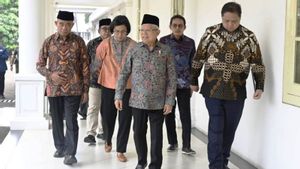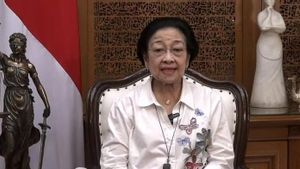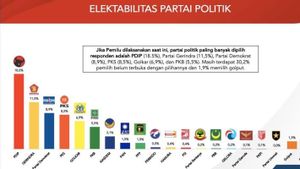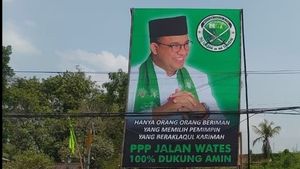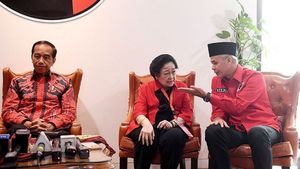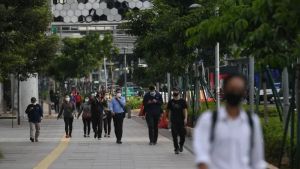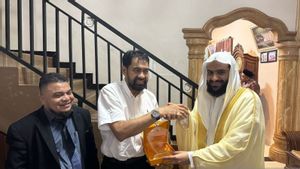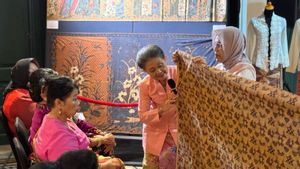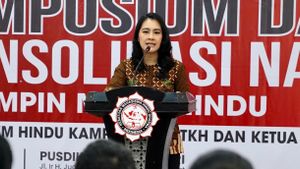Elections as a stage for the struggle for power in the modern world leave behind a primitive side that is difficult to eradicate. Now, the Indonesian political stage is enlivened by the polemic at the Constitutional Court (MK), where Anwar Usman, who was dismissed as Chief Justice of the Constitutional Court, refuses to resign as judge. How did the decision of the Honorary Council of the Constitutional Court (MKMK) which deemed the judge violated ethics, but the result of the decision was still valid, become the focus of discussion?
In Prabowo and Gibran's view, hope lies in the unwaveringness of the new Chief Justice of the Constitutional Court, Suhartoyo, so that he is not shaken by political intervention. However, to what extent can political power determine legal integrity? Anwar Usman's defense of feeling slandered has become a new episode in the political drama. What is the response to this defense which is considered to be degrading the image and dignity of a judge?
On the other hand, considered ethically flawed, Gibran's candidacy is a political burden, as stated by Anies' spokesman. How does MKMK respond to these political dynamics and is ethics just a political tool? PKB General Chair Cak Imin called the MKMK's decision a judicial tragedy, a tragedy involving the leadership of the Chief Justice of the Constitutional Court.
In Mahfud MD's perspective, the decision on the judicial review of presidential and vice presidential candidates' requirements could take effect in 2024. Meanwhile, Vice President Ma'ruf hopes that there will be no new riots. In the Advanced Indonesia Coalition TKN Steering Committee meeting, strategic issues were discussed, including the MKMK decision. Meanwhile, the General Chairperson of PDIP, Megawati Soekarnoputri, even stated that the MKMK decision was evidence of legal manipulation.
The Chief Justice of the Constitutional Court, Suhartoyo, responded to the criticism bluntly, saying that criticism should be tolerated. What is the reason behind his decision to remain Chief Justice of the Constitutional Court amidst the polemic regarding the age limit for presidential and vice presidential candidates?
اقرأ أيضا:
President Jokowi, jokingly, mentioned that there was a lot of political drama ahead of the presidential election. PDIP Secretary General Hasto Kristiyanto highlighted the importance of common sense in dealing with this complex political situation.
Regarding the MKMK's decision, is there really a legal basis or is it just lip service? Anwar Usman even accused MKMK Chairman Jimly Asshiddiqie of breaking the rules because the MKMK session was considered open.
In a series of articles on VOI, the MKMK decision scandal is reviewed. However, the question of whether this decision will act as a stimulus for the right to inquiry is still up in the air. Waiting for the DPR's courage to open Pandora's box, the MK and the mission to save the soul of the Constitutional Court will become the focus of an in-depth analysis of Indonesia's political and legal conditions.
In the end, Jokowi's edge-of-the-edge political game adds a dimension to the dilemma in the realm of Indonesian law and politics. The polemic between ethics and power in the Constitutional Court provides a complex and confusing picture for ordinary people, where decisions involving judges who violate ethics are still recognized as legal. In this imbroglio, Indonesia must navigate wisely between the ideals of morality and political reality.
The English, Chinese, Japanese, Arabic, and French versions are automatically generated by the AI. So there may still be inaccuracies in translating, please always see Indonesian as our main language. (system supported by DigitalSiber.id)



